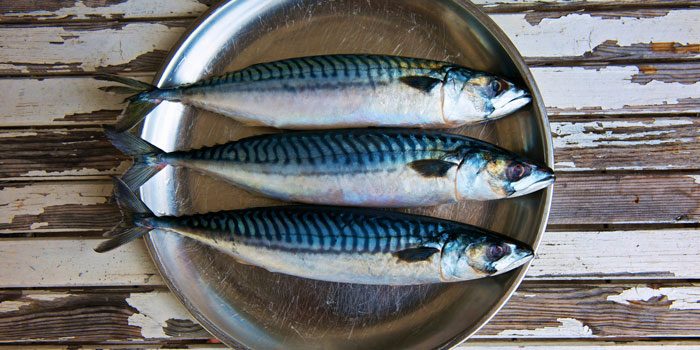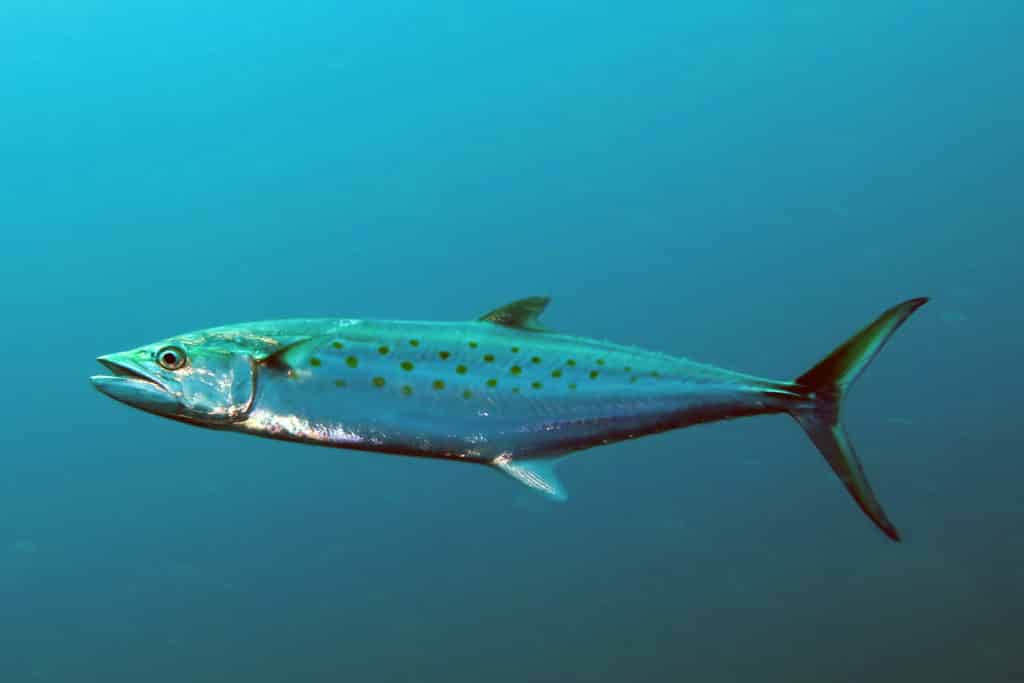Mackerel Fish: A Nutritional Powerhouse for Heart Health

Mackerel fish, scientifically known as Scomber scombrus, is a species highly regarded not only for its delectable taste but also for its myriad of health benefits. Found in abundance in both temperate and tropical waters, this oily fish has been a staple in diets across various cultures for centuries. Let’s explore the wealth of advantages that come with incorporating mackerel fish into your regular meals.
Unveiling the Health Benefits of Mackerel Fish

1. Rich Source of Omega-3 Fatty Acids:
Mackerel fish is renowned for its high levels of omega-3 fatty acids, particularly EPA (eicosapentaenoic acid) and DHA (docosahexaenoic acid). These essential fatty acids play a pivotal role in supporting cardiovascular health by reducing the risk of heart disease, lowering triglyceride levels, and regulating blood pressure.
2. Abundance of Protein:
Protein is crucial for muscle repair, growth, and overall body function, and mackerel fish is an excellent source of this essential nutrient. Consuming mackerel regularly helps support muscle development, aids in weight management by promoting feelings of fullness, and ensures a steady supply of amino acids for various bodily processes.
3. Essential Vitamins and Minerals:
Mackerel fish is packed with essential vitamins and minerals, including vitamin D, vitamin B12, selenium, magnesium, and potassium. Vitamin D is essential for bone health and immune function, while vitamin B12 is crucial for nerve function and the production of red blood cells. The presence of selenium, magnesium, and potassium further enhances the nutritional value of mackerel fish, contributing to overall well-being.
4. Supports Brain Health:
The omega-3 fatty acids found abundantly in mackerel are known for their brain-boosting properties. DHA, in particular, is a major structural component of the brain and is associated with cognitive function, memory retention, and mood regulation. Regular consumption of mackerel fish may help improve cognitive abilities and reduce the risk of age-related cognitive decline.

5. Promotes Healthy Skin and Hair:
The omega-3 fatty acids present in mackerel are beneficial for maintaining healthy skin and hair. These fatty acids nourish the skin, improve its elasticity, and help alleviate conditions such as dryness and inflammation. Additionally, they support hair follicle health, promoting strong, shiny hair.
6. May Aid in Weight Management:
Despite its rich taste, mackerel fish is relatively low in calories and can be a valuable addition to weight management diets. Its high protein content helps increase satiety and reduce overall calorie intake, while the omega-3 fatty acids may enhance the body’s fat-burning capabilities, supporting weight loss efforts.
Mackerel fish offers a plethora of health benefits that make it a valuable addition to any diet. From its high omega-3 fatty acid content to its abundance of protein, vitamins, and minerals, mackerel jpslot provides essential nutrients that support overall health and well-being. Whether grilled, baked, or incorporated into salads and dishes, mackerel is a versatile and nutritious option that can be enjoyed by people of all ages. Make it a point to include mackerel fish in your regular meals and reap the rewards of its nutritional goodness.
Exploring the Pros and Cons of Mackerel Fish
Mackerel fish, a beloved seafood choice globally, offers a unique blend of flavors and nutrients. However, like any food, it has its own set of advantages and disadvantages. Let’s delve into the pros and cons of including mackerel in your diet.

Pros:
- High in Omega-3 Fatty Acids: Mackerel fish is renowned for its rich omega-3 fatty acid content, particularly EPA (eicosapentaenoic acid) and DHA (docosahexaenoic acid). These essential fatty acids are crucial for heart health, reducing inflammation, and supporting brain function.
- Excellent Source of Protein: Protein is essential for muscle repair, growth, and overall body function. Mackerel provides a significant amount of high-quality protein, aiding in muscle development and weight management.
- Packed with Nutrients: Mackerel fish is loaded with essential vitamins and minerals such as vitamin D, vitamin B12, selenium, and potassium, contributing to overall health and well-being.
- Supports Heart Health: The omega-3 fatty acids in mackerel fish can help reduce the risk of heart disease by lowering triglyceride levels, improving blood vessel function, and reducing inflammation in the body.
- Promotes Brain Function: Regular consumption of mackerel may support cognitive function and memory retention due to its omega-3 fatty acid content, particularly DHA.
Cons:
- Mercury Content: Like many other types of fish, mackerel fish may contain mercury, a heavy metal that can be harmful in high amounts, particularly for pregnant women and young children.
- Environmental Concerns: Overfishing and unsustainable fishing practices can have negative impacts on mackerel fish populations and marine ecosystems. It’s crucial to choose sustainably sourced mackerel to mitigate environmental concerns.
- Strong Flavor: Some individuals may find the taste of mackerel too strong or fishy for their liking, which can be a drawback for those with sensitive palates.
- Allergies and Sensitivities: As with any seafood, some people may be allergic to mackerel or have sensitivities to certain components found in the fish, leading to adverse reactions.
Conclusion:
Mackerel fish offers numerous health benefits, including its high omega-3 fatty acid and protein content, as well as its abundance of essential nutrients. However, it’s essential to be mindful of potential drawbacks such as mercury content, environmental concerns, and individual preferences and sensitivities. By enjoying mackerel in moderation and opting for sustainably sourced varieties, you can reap its nutritional advantages while minimizing any potential risks.
Read More Article About “Fraser Island: Experience the Best, Absolute Adventure“




Leave a Comment